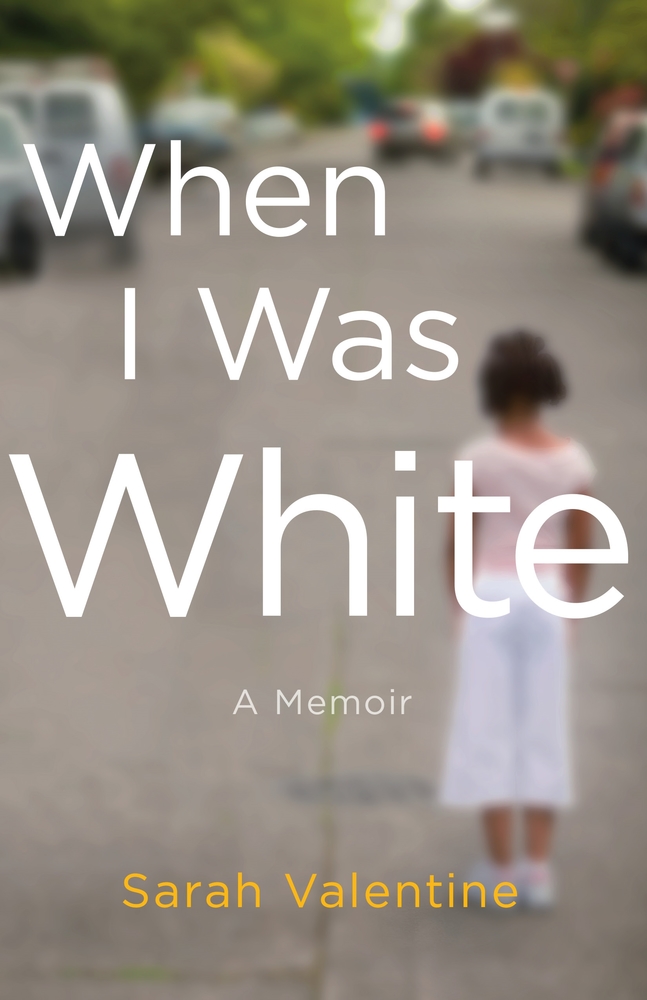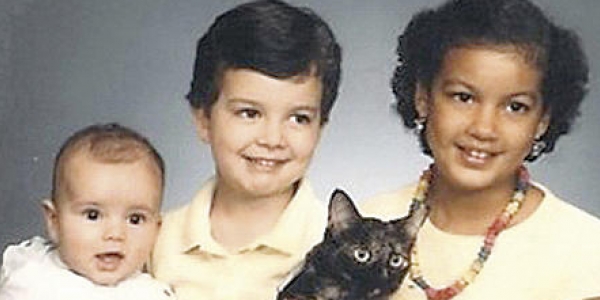Black Like Me: A Pittsburgh native’s memoir of racial identities lost and foundPosted in Articles, Autobiography, Book/Video Reviews, Media Archive, Passing, United States on 2019-09-11 01:09Z by Steven |
Black Like Me: A Pittsburgh native’s memoir of racial identities lost and found
Pittsburgh Post-Gazette
2019-08-30
Of all the racist things people do, living out white privilege might be the most insidious. White privilege is not just the assumptions that get white people treated better by employers and loan officers. It’s also the mental architecture that permits white people to avoid thinking of themselves as “white” — even as whiteness is assumed as the norm, and everyone who lacks it as “other.” White privilege is most potent when it goes unconsidered.
It will be nearly impossible to avoid considering white privilege after reading “When I Was White: A Memoir.” Author Sarah Valentine is that rare person who has lived both with white privilege and without it, and her account is moving and analytically rigorous.
Literature has given us light-skinned blacks who “passed” as white, from famed critic Anatole Broyard to figures in the poetry of Pittsburgh-based poet Toi Derricotte. Ms. Valentine’s story is something else again. She was born in 1977, and grew up mostly in the North Hills, one of three children in a tightly knit Catholic family. Her parents were white, and so, therefore, was she — until she learned, at age 27, that her biological father, whom she never knew, was African American…
Read the entire article here.





